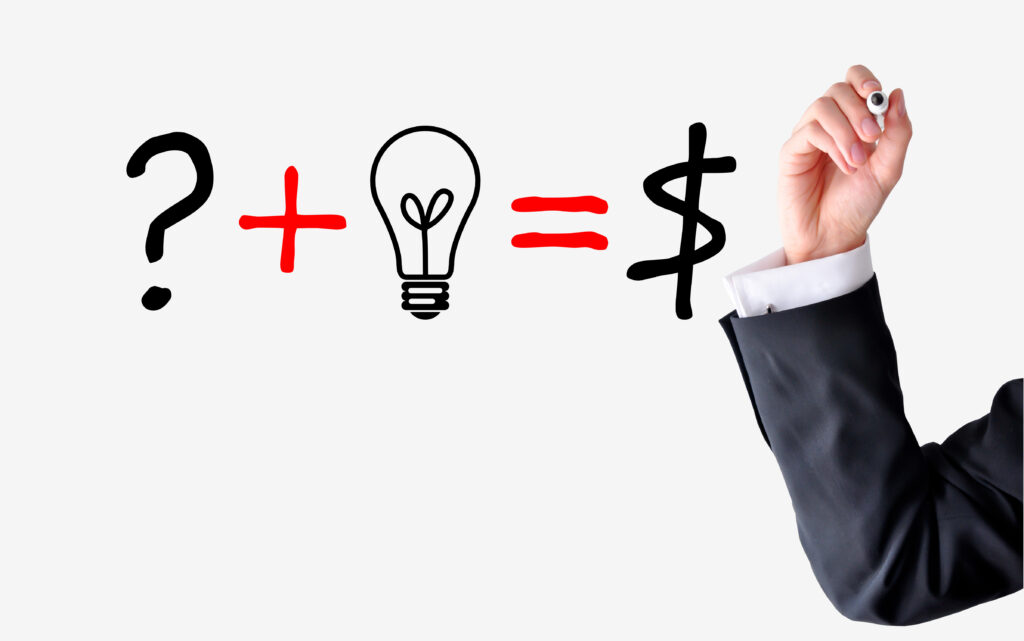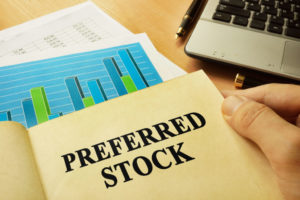Tell Me Your Value Equation

Every company feels like it has what it takes to make a difference in its customer’s lives. No matter what product or service they offer their clients, all companies feel like they can do it better than anyone else. So what makes one company stick out from another? Is it how much money that company makes for its own bottom line or is how much it helps its customers? When it comes to investing and getting behind a startup company or an entrepreneur, the real question is what is your value equation? That’s according to silicon valley’s legendary entrepreneur Rob Ryan.
What Sets Entrepreneurs Apart?
Rob and I spoke about his experience with helping entrepreneurs, which is his main focus now since retiring from running his company. In 1999, Rob sold Ascend Communications, which helped create and build the entire infrastructure of the Internet, to Lucent Technologies for about $24 billion. To this day, this deal still holds the record as the the biggest merger between technology companies. Rob is now the Chairman and co-founder of Hero Club, which is an organization dedicated to training and developing entrepreneurs. However, Rob told me that one of the main things he looks for when trying to determine the true value of a company is not how much the company itself is worth, but how much value the company brings to its customers.
What Is the Value Equation?
This is what Rob calls the value equation and he says a lot of companies can’t really accurately answer this question. Many companies speak about what they do well and how their product or service is different, but they aren’t really explaining what their value is. For Rob, he’s looking at how much you can really help your customer, not yourself. Rob shared an example with me regarding the question, how much money can you make or save your customer? He said if a company were to answer him that its product or service could help save it’s customer $800,000 a year because it’s capable of the doing the following things…then he knows he has a good one. He said that is a company he is going to explore deeper.
Do You Know Your Value Equation?
Rob said that he has a lot less interest in the companies that can’t really answer that question or that haven’t take the time to determine what their true value equation is. In fact, the answer to that question is so important to Rob that he told me that “the people that have actually taken the time to explore and work with their customers and know where the customer’s pain is and how much that pain is costing them, that would be the one question I would ask if I only had one question to ask.” Therefore, as far as Rob is concerned, if you want to set yourself apart as an entrepreneur or a startup company then you need to know your value equation. That means you need to know what the real value is that you bring to your customers and how to explain what that value is.
Advice for Startups Seeking Venture Capital
Advice for Startups Seeking Venture Capital The financial crisis makes it harder to get funding, but those that prove themselves during this period will be better positioned to thrive. By John Tozzi From BusinessWeek.com Landing venture capital is tough for startups, even in a good economy. But given the ongoing financial crisis, how hard is…
Due Diligence for Startups Raising Venture Capital
Due Diligence for Startups Raising Venture Capital By C. Worrall You have presented your plan to the venture capital partners. It was well received and they have to offer you a term-sheet. You have negotiated your major deal points and are ready for the investment. Now the VC wants to commence with due diligence. Wait…
5 Do’s and Don’ts When Approaching A Possible Joint Venture Partner
5 Do’s and Don’ts When Approaching A Possible Joint Venture Partner By Darren Yates It can be an intimidating task when approaching a potential online joint venture partner for the first time. Listed below are five dos and don’ts that will make the difference between achieving a partnership and getting it set off on the…
Private Equity and Venture Capital Financing Structures
Private Equity and Venture Capital Financing Structures By Joseph B. LaRocco There are several structures that Private Equity funds (also known as venture capital funds) use when they give the green light to fund a company. The basic structures for private companies are common stock and convertible preferred stock. These structures usually contain an anti-dilution…




